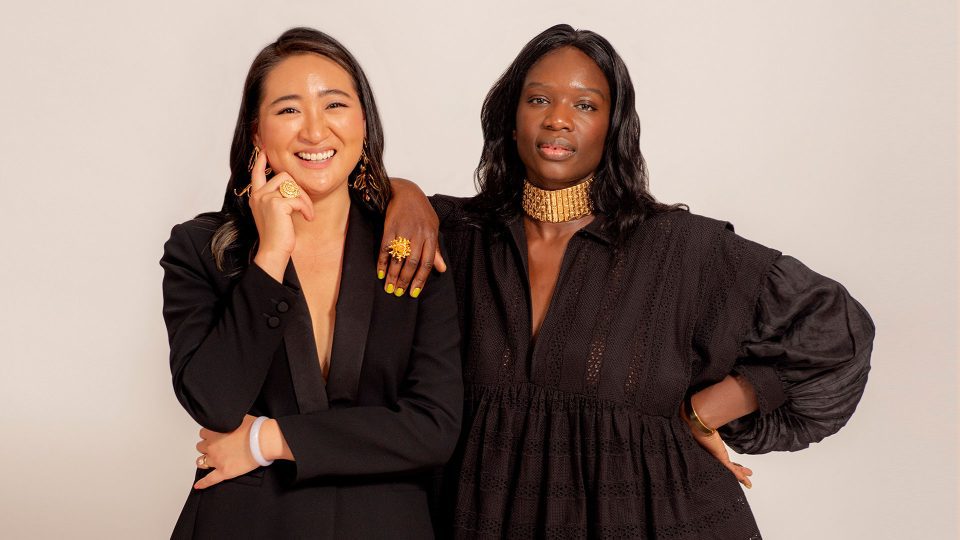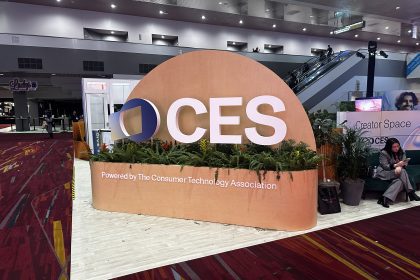
When the skin care brand Eadem launched in more than 261 Sephora stores nationwide in March, co-founders Marie Kouadio Amouzame and Alice Lin Glover spread the news with a nostalgic tactic: a “golden ticket”-style giveaway.
The Eadem team stuffed “tens of thousands” of product boxes–the brand’s entire first batch of inventory sent to Sephora–with fliers inspired by the prepaid calling cards the founders’ immigrant parents had used to phone family members back home when they were growing up. Each card contains a number that shoppers can text for a chance to win free Eadem products and one grand prize: a fully paid trip to New York City, where Eadem is headquartered.
The effort is a departure from the tactics they had seen their competitors adopt–that is, buy billboards and pay some influencers to announce the brand’s in-store presence. “We took a step back and thought, ‘Why would anyone care we’re now in-store?'” says Glover, who noted that she and Eadem’s co-founder thought it better to pay homage to the achievement instead. “It’s really a celebration for us as a brand and our community as a whole.”
So far, so good. Early results of the calling card giveaway have been promising: Twenty-five percent of in-store shoppers have connected with the brand via social media, SMS, or email. Eadem’s direct-to-consumer channel has also benefited from its new retail presence; it’s seen 63 percent month-over-month growth in direct sales since launching in-store.
The calling card giveaway is representative of inventive marketing in a post-cookies world. Increasingly, online-first brands like Eadem, which launched as a content platform in 2020, are attempting to navigate the difficulty of finding customers within new, more restrictive privacy conditions. Creative strategies–like a giveaway that supports a brand’s push toward omnichannel retail–stand to give companies a competitive advantage.
Eadem isn’t new to thinking outside the box. Since launch, the brand has had to differentiate itself in the $21 billion U.S. skin care market. Kouadio Amouzame and Glover’s idea for Eadem stemmed from conversations about a lack of representation in the beauty industry that made it harder for people with more melanated skin to get effective treatments. This was an issue that Glover, the daugher of Taiwanese immigrants, became familiar with as she sought treatment for her own cystic acne and eczema as a teen growing up between upstate New York and Los Angeles in the early 2000s. In 2018, she and Kouadio Amouzame began a lengthy product development process to create skincare products formulated and clinically tested specifically for more melanated skin tones.











